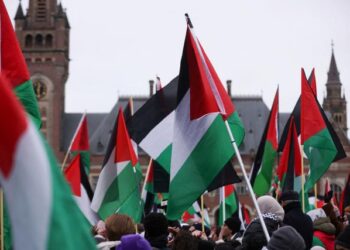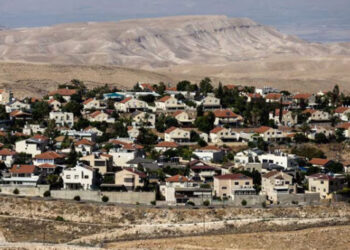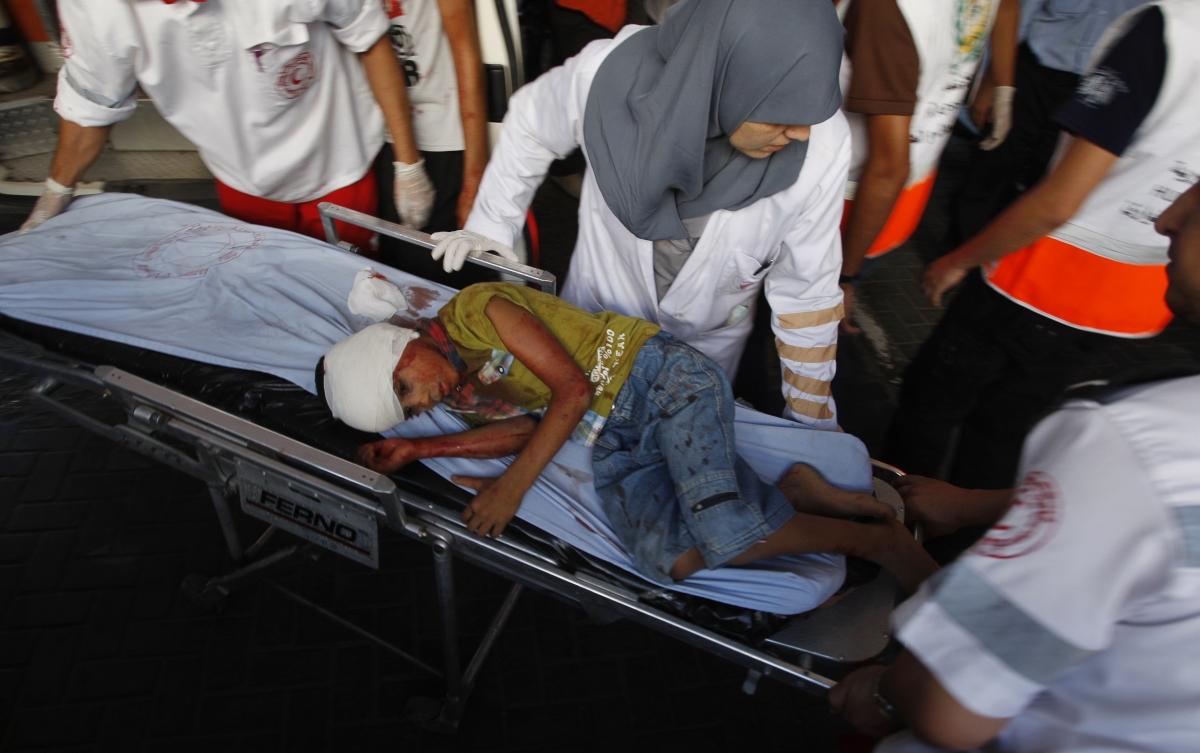Human Lives Human Rights: Srebrenica massacre, slaying of more than 7,000 Bosniak (Bosnian Muslim) boys and men, perpetrated by Bosnian Serb forces in Srebrenica, a town in eastern Bosnia and Herzegovina, in July 1995. In addition to the killings, more than 20,000 civilians were expelled from the area—a process known as ethnic cleansing. The massacre, which was the worst episode of mass murder within Europe since World War II, helped galvanize the West to press for a cease-fire that ended three years of warfare on Bosnia’s territory (see Bosnian conflict). However, it left deep emotional scars on survivors and created enduring obstacles to political reconciliation among Bosnia’s ethnic groups.
The International Criminal Tribunal for the Former Yugoslavia—established before the massacre to scrutinize ongoing military conduct—concluded that the killings at Srebrenica, compounded by the mass expulsion of Bosniak civilians, amounted to genocide. It pinned principal responsibility on senior officers in the Bosnian Serb army. But the United Nations (UN) and its Western supporters also accepted a portion of the blame for having failed to protect the Bosniak men, women, and children in Srebrenica, which in 1993 the UN Security Council had formally designated a “safe area.”
In a critical internal review in 1999, UN Secretary-General Kofi Annan wrote, “Through error, misjudgment and an inability to recognize the scope of the evil confronting us, we failed to do our part to help save the people of Srebrenica from the [Bosnian] Serb campaign of mass murder.” Although Serbia was not legally implicated in the massacre, in 2010 the Serbian National Assembly narrowly passed a resolution that apologized for having failed to prevent the killings.
Since 1992, Bosnian Serb forces targeted Srebrenica in a campaign to seize control of a block of territory in eastern Bosnia and Herzegovina. Their eventual goal was to annex this territory to the adjacent republic of Serbia (which, along with Montenegro, constituted the rump of the Yugoslav federation). To do so, they believed, required the expulsion of the territory’s Bosniak inhabitants, who opposed annexation. In March 1995 Radovan Karadžić, president of the self-declared autonomous Republika Srpska (Bosnian Serb Republic), directed his military forces to “create an unbearable situation of total insecurity with no hope of further survival or life for the inhabitants of Srebrenica.” By May a cordon of Bosnian Serb soldiers had imposed an embargo on food and other supplies that provoked most of the town’s Bosniak fighters to flee the area. In late June, after some skirmishes with the few remaining Bosniak fighters, the Bosnian Serb military command formally ordered the operation, code-named Krivaja 95, that culminated in the massacre.
The offensive commenced on July 6, 1995, with Bosnian Serb forces advancing from the south and burning Bosniak homes along the way. Amid chaos and terror, thousands of civilians fled Srebrenica for the nearby village of Potočari, where a contingent of about 200 Dutch peacekeepers was stationed. Some of the Dutch surrendered, while others withdrew; none fired on the advancing Bosnian Serb forces. On July 11, Bosnian Serb military leader Ratko Mladić strolled through Srebrenica and, in a statement recorded on film by a Serb journalist, said, “We give this town to the Serb nation…The time has come to take revenge on the Muslims.”
On the night of July 11, a column of more than 10,000 Bosniak men set off from Srebrenica through dense forest in an attempt to reach safety. Next morning, Bosnian Serb officers used UN equipment and made false promises of security to encourage the men to surrender; thousands gave themselves up or were captured, and many were subsequently executed.
The total number of men and boys who were slaughtered was initially a matter of some debate. Under heavy international pressure, the government of the Republika Srpska (which, after the conflict, formally became a constituent part of Bosnia and Herzegovina) issued an apology in 2004 for the “enormous crimes” in Srebrenica and acknowledged that an estimated 7,800 had perished. Although not all sources agreed with that figure, it was generally accepted that at least 7,000 people were killed, and some estimates placed the toll at more than 8,000.
In an official report in 2005 the Bosnian Serb government stated that 19,473 Bosnian Serbs were implicated in the killings—hundreds of whom remained in official government posts. The UN criminal tribunal eventually indicted more than 20 people for their involvement. In 2001 it convicted Radislav Krstić, commander of the Bosnian Serb corps responsible for the Srebrenica area, of aiding and abetting genocide and murder. In 2003 Bosnian Serb intelligence officer Momir Nikolić pled guilty to committing crimes against humanity. Both Krstić and Nikolić received lengthy prison terms. In 2010 the tribunal convicted two chiefs of security for the Bosnian Serb military, Vujadin Popović and Ljubiša Beara, of genocide and sentenced them to life in prison; a third Bosnian Serb officer, Drago Nikolić, was given a 35-year sentence for abetting genocide. The trial of Karadžić, who was located and arrested in 2008, began in 2009. In March 2016 he was found guilty of genocide, as well as nine other war crimes and crimes against humanity, and he was sentenced to 40 years in prison. Mladić remained a fugitive until May 2011, when he was captured in Serbia to be extradited to The Hague for trial. In November 2017 he was found guilty of genocide, war crimes, and crimes against humanity and was sentenced to life in prison. In April 2013 Serbian Pres. Tomislav Nikolić issued an apology for what he called the “crime” that had been committed at Srebrenica, but he stopped short of calling the event genocide.
In July 2011 a Dutch appeals court ruled that the Netherlands was responsible for the deaths of three Bosniak men who, in July 1995 after Dutch troops forced them out of the UN compound in Potočari, had been killed by Bosnian Serbs. The court’s decision marked the first time that a country had been held liable for the actions of its peacekeeping forces operating under a UN mandate. In July 2014 the Dutch government was found liable by a Dutch court for the deaths of more than 300 Bosniak men and boys at Srebrenica, and it ruled that surviving relatives were entitled to compensation. The decision cleared the Netherlands of responsibility for the remainder of those killed in the Srebrenica area. In June 2017 a Dutch appellate court largely upheld the 2014 decision, but it ruled that the Netherlands should only be held responsible for 30 percent of any financial damages awarded to the families of the slain. The court deemed that there was a 70 percent likelihood that Bosnian Serbs would have seized the refugees regardless of the actions of the Dutch peacekeepers.
In March 2015 Serbian authorities arrested eight men accused of direct involvement with the killing of some 1,000 Bosniak men and boys at a warehouse in Kravica. It marked the first time that the Serbian government—rather than Bosnian or international courts—had filed criminal charges in connection with the Srebrenica massacre.


















